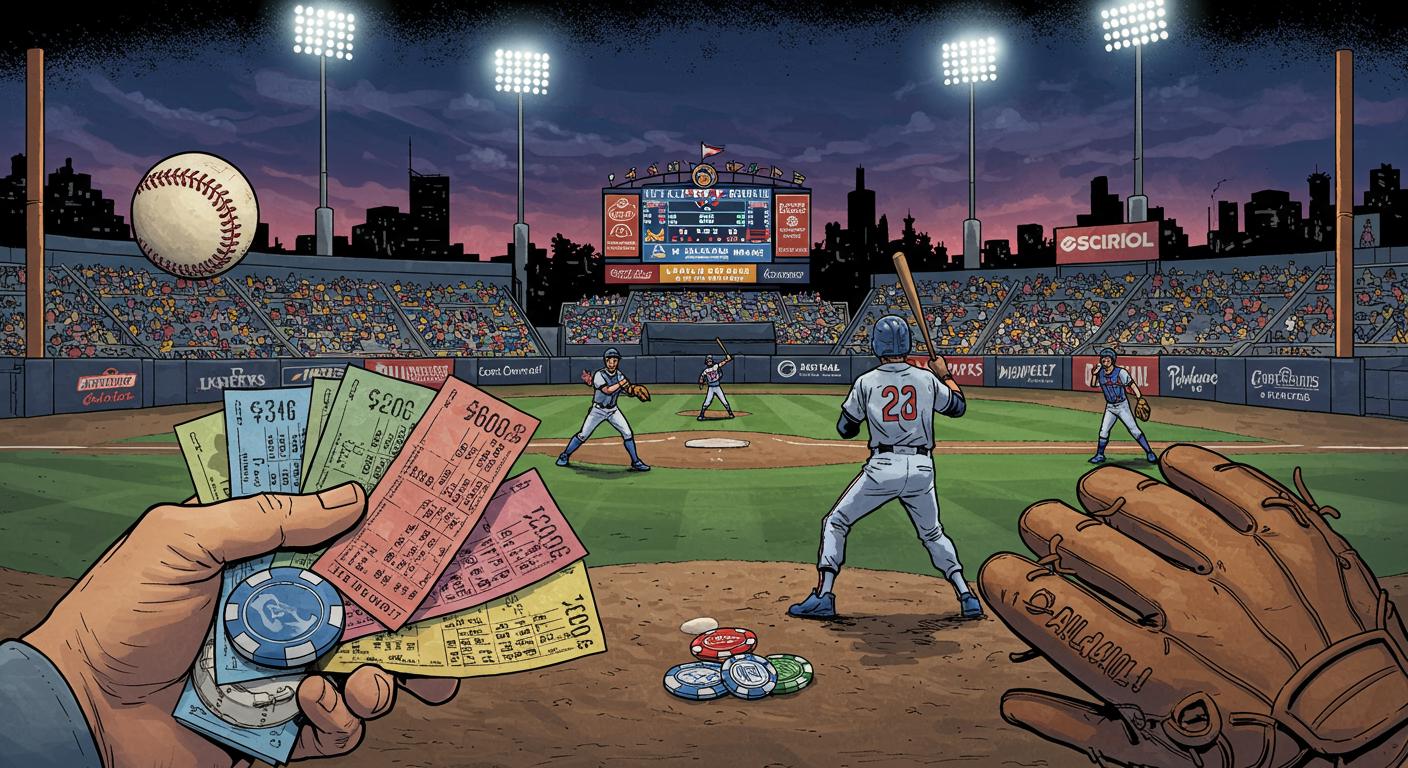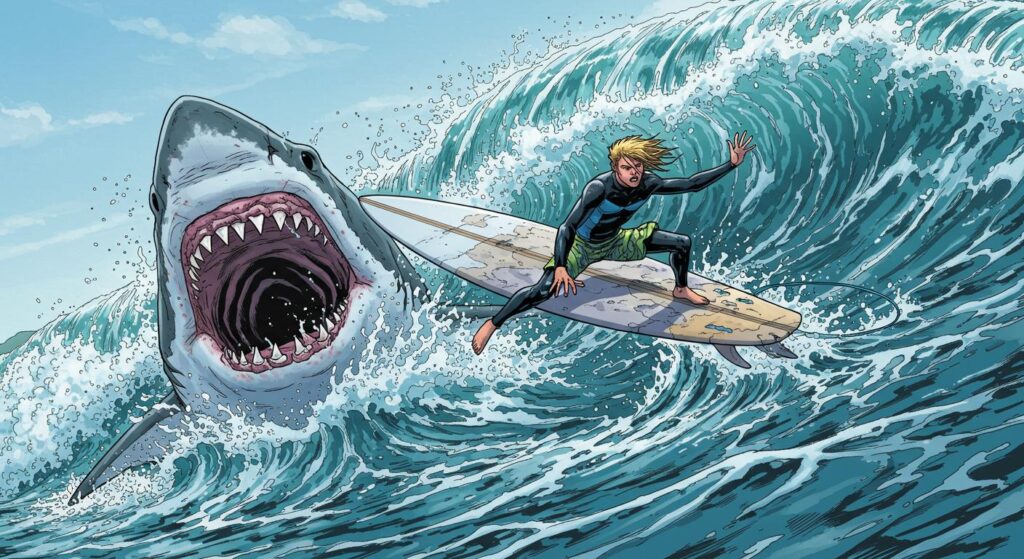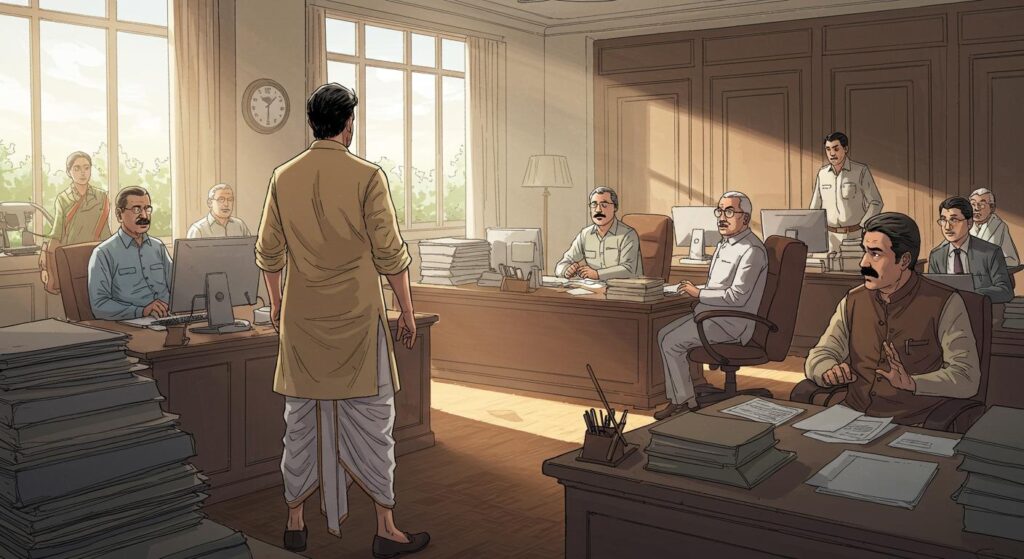If you’re the sort who avoids Las Vegas because of the crowds, but you’ve got a burning urge to gamble, say, on whether the nine-year-old from Puyallup can hit a double off the Tokyo little leaguers, these are truly remarkable days. This year, for the fourth consecutive summer, private online sportsbooks—BetOnline, BetUS, Bovada and the like—have posted live odds on the Little League World Series. Yes, for the next fortnight or so, you can wager real money on games played by children barely old enough to ride roller coasters unsupervised.
A recent report in MyNorthwest describes how BetOnline, a Panama-based sportsbook, is offering odds on all 38 games in the LLWS, including those involving the South Hill Little League team from Puyallup, Washington. This marks the fourth straight year for this rather unusual market. Notably, BetUS and Bovada are also following suit, reportedly creating their odds by watching young players, poring through box scores, and weighing the perceived pedigree of each squad. Adam Burns, BetOnline’s sportsbook manager, detailed the company’s approach, likening it to how they set lines for professional leagues—albeit with a touch more Powerade and a lot less facial hair.
BetOnline’s oddsmakers have placed the Southeast representative from Florida as the favorite in the U.S. bracket, with Chinese Taipei favored internationally. Puyallup’s squad comes in with the seventh-best odds for an American team—Washington teams have been making habitual appearances, as this is the fourth consecutive squad from the state to secure a spot, according to MyNorthwest’s coverage. To put things in perspective, the American teams have claimed the last five championships, but this year’s international bracket is heavily favored, with Chinese Taipei given 2/1 odds, followed by Tokyo and Aruba close behind.
The Patch outlet echoes the rapid uptick in LLWS gambling, relaying that BetOnline took more than a thousand wagers just in the opening hours of betting this August. Dave Mason, BetOnline’s brand manager, described to Patch how the LLWS consistently outdraws pro tennis or soccer matches in terms of betting interest during these weeks. All this is happening against a “somewhat light” sports calendar—sandwiched, as always, between the crescendo of playoff baseball and the kickoff of the NFL.
Betting on the Kids (And the Irony Therein)
There’s something distinctly 21st-century about not just watching, but actively betting on a Little League matchup. These are kids who, an hour before game time, may have been arguing about who gets the last slice of pizza or desperately searching for a misplaced mitt. And yet, for a brief, televised moment, they are the focus of international gambling speculation.
Both MyNorthwest and Patch point out that the tournament’s organizers have drawn a firm line, banning all ads or depictions of gambling around the event and making it clear, per statements in Patch, that the league is not affiliated with any betting operation. On the regulatory side, the Pennsylvania Gaming Commission has called BetOnline “unregulated,” with the state’s attorney general urging federal action against overseas outfits targeting youth sports. Meanwhile, industry stalwarts like DraftKings pointed out to MyNorthwest that no U.S. jurisdiction where they operate would ever allow Little League betting. Griffin Finan, representing DraftKings, was blunt: only “pervasive illegal and offshore operators” would touch such gambits.
It’s both odd and oddly predictable that while legal U.S. books avoid wagering on 12- and 13-year-olds, offshore sites see opportunity in the gap—especially when other forms of spectacle, such as the scripted chaos of pro wrestling, remain fair game in corners of the betting universe. As MyNorthwest notes, BetOnline argues that allowing wagers simply increases interest in the LLWS, bringing attention to “incredibly talented athletes.” Perhaps this is the latest twist on the idea that all publicity is good publicity.
Wagering, Youth, and Evolving Lines
Defenders of gambling on youth sports display a certain inventiveness when justifying the practice. For example, MyNorthwest recounts how BetOnline’s Adam Burns cited the Olympics, where underage athletes have long competed and drawn bets—a position echoed in Patch’s review of common industry arguments. If Olympic skateboarders and gymnasts draw action, why not Williamsport’s finest?
But, as Patch highlights, the idea that what happens in Vegas—or at least in online sportsbooks headquartered wherever the legal winds are most forgiving—should automatically migrate to children’s baseball is hardly uncontroversial. Beyond regulatory concerns, the introduction of gambling to youth sports has prompted broader worries, especially as Patch recounts the growing number of harassment cases and even direct threats leveled at athletes in professional leagues over gambling losses. With that in mind, it’s not hard to imagine some future Little League shortstop enduring a stern talking-to from a stranger in a sportsbook chatroom over a fielding error.
Gambling on children’s sports at this level was essentially unimaginable before the 2018 federal legalization of sports betting. As Patch contextualizes, the scale of youth sports wagering mirrors the wider and rapid expansion into all corners of athletic life. American appetites for placing a wager are only growing, with MyNorthwest citing NBC Sports’ figures of 97 million Americans authorized to bet in 2021, ballooning to 164 million by 2024 as more states open their doors to sports wagering.
Just for Fun (Or Is It?)
Somewhere, there’s surely a parent who is now more invested in tonight’s over-under than in their own kid’s box score. MyNorthwest notes that the 38 games of this year’s LLWS are set to be televised on ESPN—which means if you want to take a bet before dinner, you need only reach for your phone. Is this whole development harmless fun—just a fleeting amusement during the August sports drought? Or are we watching yet another patch of childhood innocence absorbed by a juggernaut of adult entertainment?
Patch remarks that the lines between amateur athletics, spectacle, and corporate profit have never been blurrier. If gambling on Little League makes sense for the sportsbooks during the “quiet” months, who’s to say where the wagering will pause? Maybe next, as BetOnline’s Burns half-joked in MyNorthwest, American flag football will hit the betting boards. Or perhaps we’ll see odds posted on the outcome of the National Spelling Bee, with early action on “quokka” being spelled with two k’s.
For now, Williamsport and its anxious contingent of future MLB hopefuls will contend not just with pressure from the stands, but—with a smirk and raised eyebrow—odds posted by someone halfway around the world. Is there any aspect of childhood that’s truly safe from becoming a speculative market? And have we finally reached the point where every game, even one sandwiched between Little Debbie snack breaks, is just one more wager away?







